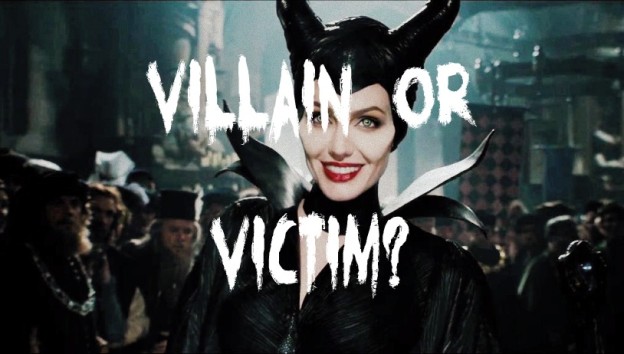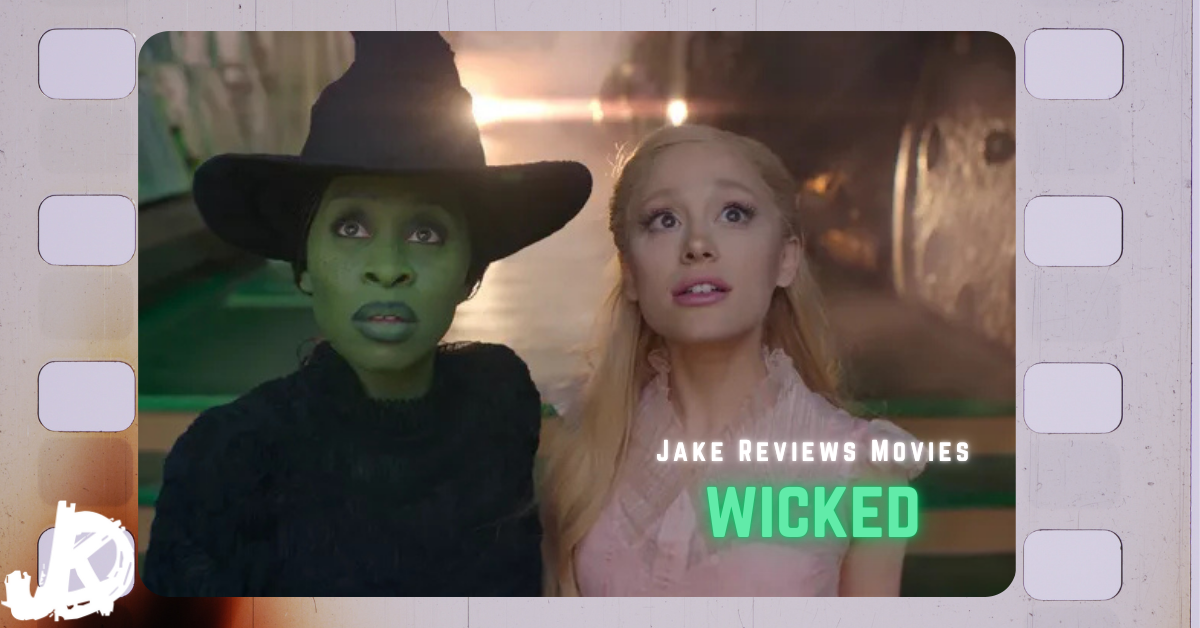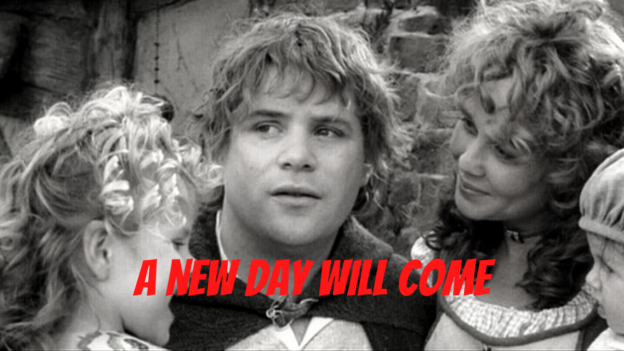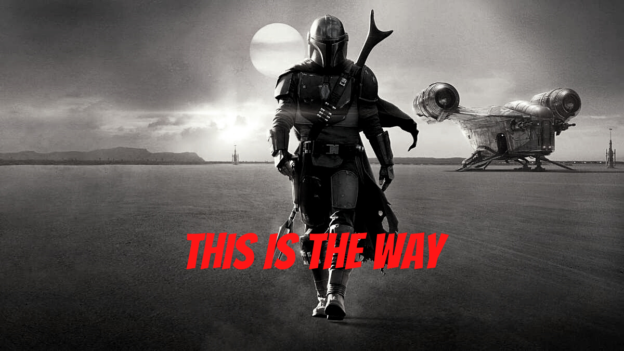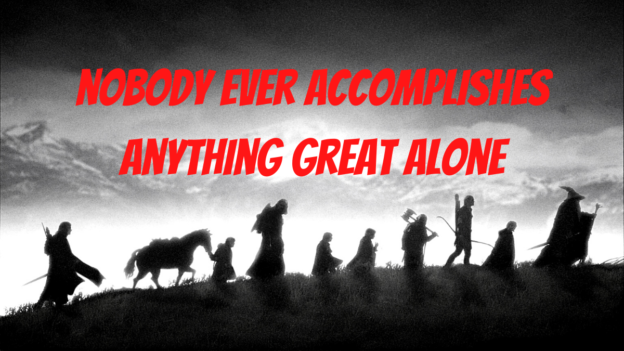“It is our choices, Harry, that make us who we truly are, far more than our abilities.” Over the last few years, I have come to realize that there is a lot of truth to this statement. Choices are what decide whether we’re good or bad, not what we’re capable of doing. Choices also determine our character more than the bad things we put up with in life. There was a banner on the wall of my high school gym: attitude is 10% what happens to you and 90% how you react. That is the difference between a villain and a victim.
WARNING: Skip the next two paragraphs if you don’t want spoilers for Supergirl
If you’ve been watching Supergirl, then you would know that Kara Zor-El is someone who believes in this. And she knows that there’s a difference between what people are made into and what people make of themselves. Take the poor Jane Doe who became Bizzaro. Kara was pretty quick to figure out that Bizarro was a victim, brainwashed and manipulated by Maxwell Lord. The bad news was, however, that Bizarro could still hurt people and needed to be stopped. Kara could talk to her all she wanted but Bizarro is still a threat. That leaves Hank Henshaw and Alex Danvers to find a way to stop Bizarro before she causes more problems. And as glorious as that arrest scene was, Alex arresting Lord wasn’t going to solve everything.

But at the end of the day, when Bizarro has been tranquilized, Kara doesn’t treat her like an enemy but a friend, like someone who needs help—because that’s who she is, and she is now in a position to accept it. That’s why “Bizarro” was one of the best episodes this season. I am a huge sucker for redemption stories, so I’d love to see if and how Bizarro recovers.
In cases where brainwashing isn’t a factor, there is still a fine line between villains and victims. The recent Disney film Maleficent is an interesting take on characters who are both simultaneously. Maleficent is definitely a victim of Stefan’s vanity. However, she decides to cope with this by 1) being angry and 2) cursing Stefan’s firstborn and committing other acts of cruelty and spite. The turning point? when Maleficent realizes that Aurora never did anything to deserve being cursed.

Stefan, on the other hand, spent sixteen years wallowing in self-pity for how Maleficent had treated him, and he saw that as a means to justify his desire to destroy her. Ultimately, his downfall was his own greed and selfishness. A villain acts and takes advantage of others, but a victim is acted upon.
I believe that every person has the potential for good or evil. Our upbringing can influence what kinds of choices we make, but it does not necessarily determine the final outcome of our character. Young Tom Riddle was a victim of bad circumstances, but he chose to be angry with the people who’d put him there. That anger bled out towards those weaker than him and eventually to Muggles and pro-Muggle wizards. At Hogwarts, he embraced pureblood ideology because it gave him a means for defining his worth and a direction in which to take out his blame and refashion the Wizarding World in his own image.

In some ways, Harry Potter was in the exact same situation. He had every reason to make the same choices—to ally himself with people who were strong and belittle those who were weak. He must have decided at a young age, before he ever got his Hogwarts letter, that he wanted to be better than those who mistreated him. Draco Malfoy offered him friendship and potential social status, but Draco reminded Harry too much of Dudley and the other Muggles who had put him down. Instead, he was drawn to the positive influence of Hagrid and Ron and Hermione and from the outset treated them the way he wanted to be treated.
When I was in high school, a motivational speaker came to speak to one of my classes. His motto was one phrase: you are always one choice away from being a different person. In no other saga is this truer than in Star Wars. Anakin Skywalker made a series of bad choices that eroded his character long before he had to choose between killing Palpatine and Mace Windu. But he still could have said no. He still could have done the right thing in that instance. Even after doing the wrong thing, Padme still believed that Anakin had the option to walk away: “Come away with me, help me to raise my baby, and leave everything else behind.” But Anakin chose to let his negative feelings dominate him, he chose to let Palpatine influence him, and he chose to put the desire for power over everything else that he had going for him.

With Padme out of the picture, Darth Vader served the Emperor because he thought that was really the only thing he could do. Luke, however, showed him that he still had the power to do the right thing, and finding his son gave Vader a reason to turn back to the light. Luke had the potential to make the same dumb mistakes his father did, but he realized that he was better than that. And when Vader watched his son being tortured by the Emperor for rejecting the Dark Side, Vader finally—FINALLY—made the right choice.
Since The Force Awakens came out, we have been introduced to Kylo Ren. While all of the marketing branded Kylo as a villain, in the film we learned that he is a villain with a nuanced backstory. Based on his mother’s suggestion, fans are led to believe that Ben Solo may have been manipulated by Snoke towards the Dark Side beginning at a young age. But in my book, that doesn’t make him a straight-up victim. He still chooses to go through with terrible deeds including murdering his own father.

We don’t know all the details of how Ben was seduced. We know that Leia sent him to Luke to be trained in hopes that he could help him overcome his dark inclinations. He was raised knowing about his grandfather’s legacy—knowing that what Anakin did was wrong. Whatever warped version of that truth Snoke told him, I think he chose to believe it. Did he get help? Was it not enough? Did anyone really know how to help him? We see in the film that Kylo Ren is genuinely struggling, but he is still doing evil and wrong things, and he knows what he’s doing is wrong. Future installments of the Star Wars saga will illustrate just how culpable or redeemable Kylo Ren is, but I would say at this point Kylo Ren is a lost cause.
The forces of good and evil are real and they can motivate people one way or the other. The important thing is to recognize that there are times when some villains—some people we may want to think of as evil—can be victims of abuse or bad fortune, and there may be things about them that aren’t entirely their fault. The protagonist who is a true hero recognizes this and accounts for the fact that any person still has the potential to make the right choice.

